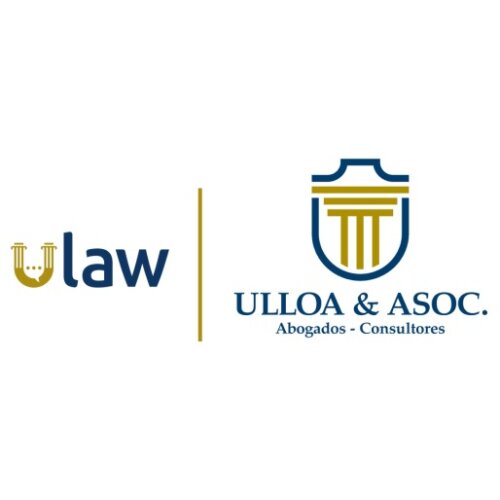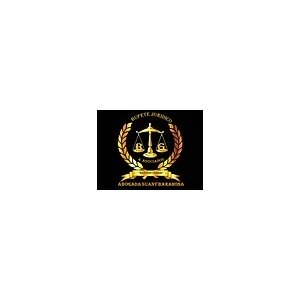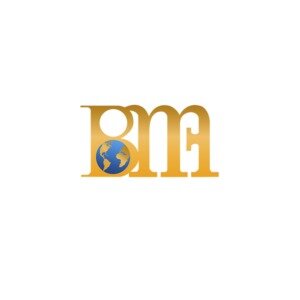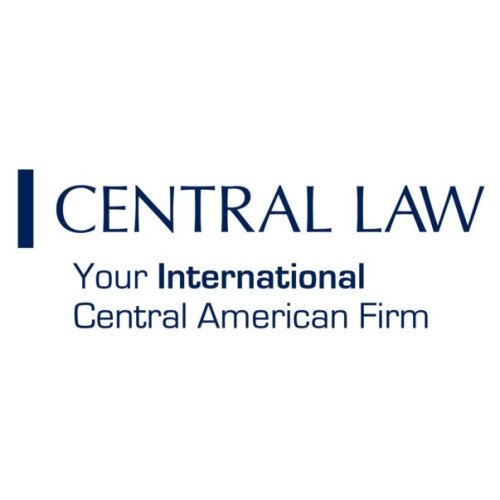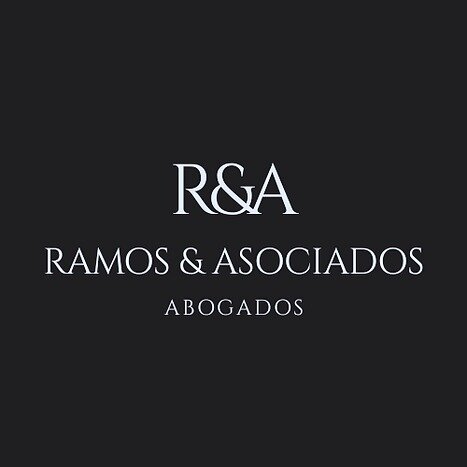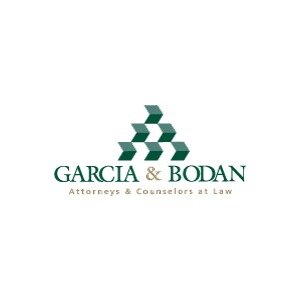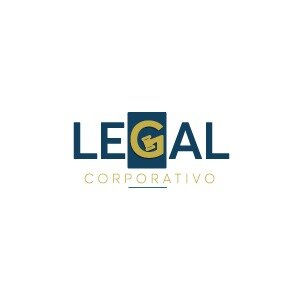Best Financial Services Regulation Lawyers in San Pedro Sula
Share your needs with us, get contacted by law firms.
Free. Takes 2 min.
List of the best lawyers in San Pedro Sula, Honduras
About Financial Services Regulation Law in San Pedro Sula, Honduras
Financial Services Regulation in San Pedro Sula, Honduras is a key component of ensuring a stable economic environment. These regulations establish the rules and guidelines that financial institutions must adhere to, covering areas such as banking, securities, and insurance. The regulatory framework is designed to protect consumers, maintain market confidence, and reduce systemic risk in the financial system. In Honduras, the primary regulatory body overseeing these matters is the National Commission of Banks and Insurance (CNBS), which ensures compliance and oversees the implementation of relevant laws.
Why You May Need a Lawyer
There are numerous situations where seeking legal advice in Financial Services Regulation might be necessary. For example, individuals or businesses might require assistance when they are setting up new financial products or services to ensure compliance with local regulations. Legal help is often sought to navigate complex mergers and acquisitions in the financial sector. Additionally, clients may need representation in disputes involving financial institutions, or when facing regulatory investigations or sanctions. Having an experienced lawyer can provide valuable guidance and protect one’s interests in these complex scenarios.
Local Laws Overview
In San Pedro Sula, Financial Services Regulation encompasses a diverse array of laws. The regulatory environment includes laws related to banking operations, investment services, insurance policies, and anti-money laundering protocols. Key aspects of local laws include the requirement for financial institutions to adhere to strict capital adequacy standards, consumer protection mandates, and detailed reporting and auditing requirements. Compliance with these laws is critical to maintaining operational licenses and avoiding potential penalties from regulatory authorities.
Frequently Asked Questions
What is the role of the CNBS in financial regulation?
The CNBS is responsible for overseeing the financial sector in Honduras, ensuring stability, transparency, and adherence to regulatory standards. It issues licenses to financial institutions and monitors their activities.
What are the primary financial regulations affecting businesses in San Pedro Sula?
Key regulations include capital adequacy requirements, anti-money laundering compliance, consumer protection laws, and financial reporting standards. Businesses must ensure they meet all regulatory obligations to avoid penalties.
Is it mandatory for all financial institutions to be regulated by the CNBS?
Yes, all financial institutions operating in Honduras must be licensed and regulated by the CNBS to ensure they comply with national laws and regulations.
What penalties can be imposed for non-compliance with financial regulations?
Penalties can include fines, suspension of operations, or revocation of licenses, depending on the severity of the non-compliance.
How do regulations affect cross-border financial transactions?
Cross-border transactions are subject to additional scrutiny to prevent money laundering. Financial institutions must adhere to both local and international standards.
How often do financial institutions need to report to the CNBS?
Reporting requirements can vary, but generally, institutions must submit regular financial reports to the CNBS monthly, quarterly, and annually.
What is the process for setting up a financial institution in San Pedro Sula?
Businesses need to apply for a license from the CNBS, meet capital requirements, and prove compliance with regulatory standards before commencing operations.
Are there consumer protection laws specific to financial services?
Yes, there are laws in place to protect consumers from unfair practices, ensuring transparency and fairness in financial services.
Can individuals seek legal recourse against financial institutions?
Individuals can file complaints with the CNBS or seek legal recourse through the courts if they believe their rights have been violated.
What should businesses consider when undergoing a financial audit?
Businesses should ensure comprehensive and accurate financial records, seek expert legal and financial advice, and prepare to address any compliance issues that may arise during an audit.
Additional Resources
Individuals seeking more information on Financial Services Regulation can contact the National Commission of Banks and Insurance (CNBS) in Honduras. Additionally, consulting with local law firms specializing in financial regulation can provide tailored advice and insights. Non-governmental organizations and international bodies such as the International Monetary Fund (IMF) and World Bank may also offer resources and reports on the regulatory environment in Honduras.
Next Steps
If you need legal assistance in the field of Financial Services Regulation in San Pedro Sula, it is advisable to contact a local lawyer with expertise in this area. Begin by scheduling a consultation to discuss your specific needs and circumstances. Be prepared to provide detailed information about your situation to receive the most accurate advice. Additionally, staying informed about updates in financial regulations through seminars, workshops, and industry publications can be beneficial. Legal directories or the local bar association can also help you find qualified legal professionals in your area.
Lawzana helps you find the best lawyers and law firms in San Pedro Sula through a curated and pre-screened list of qualified legal professionals. Our platform offers rankings and detailed profiles of attorneys and law firms, allowing you to compare based on practice areas, including Financial Services Regulation, experience, and client feedback.
Each profile includes a description of the firm's areas of practice, client reviews, team members and partners, year of establishment, spoken languages, office locations, contact information, social media presence, and any published articles or resources. Most firms on our platform speak English and are experienced in both local and international legal matters.
Get a quote from top-rated law firms in San Pedro Sula, Honduras — quickly, securely, and without unnecessary hassle.
Disclaimer:
The information provided on this page is for general informational purposes only and does not constitute legal advice. While we strive to ensure the accuracy and relevance of the content, legal information may change over time, and interpretations of the law can vary. You should always consult with a qualified legal professional for advice specific to your situation.
We disclaim all liability for actions taken or not taken based on the content of this page. If you believe any information is incorrect or outdated, please contact us, and we will review and update it where appropriate.



